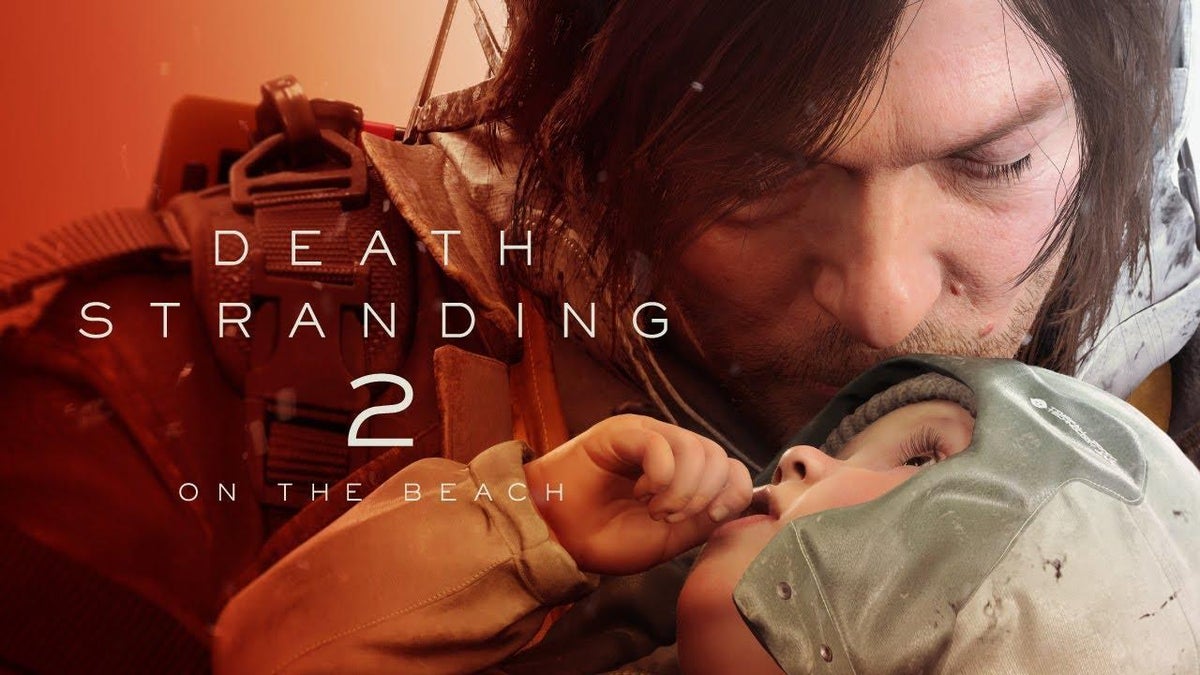A few days before the highly anticipated release of Death Stranding 2, set for June 26, 2025 on PS5, French musician Woodkid provided an intriguing insight into the artistic (and occasionally puzzling) methods of Japanese creator Hideo Kojima. In an interview with Rolling Stone, Woodkind disclosed that Kojima intentionally modified his game after noticing player feedback was overwhelmingly positive. Commissioned to compose a soundtrack for this sequel, Woodkid described a critical moment during the project’s development: “Midway through, Kojima informed me, ‘We have a problem. Player feedback is too good. Players love the game. This means something must be adjusted.'”
For Hideo Kojima, the creator of Metal Gear Solid, widespread approval is often a cause for suspicion. If everyone likes it, he believes the work has become too formulaic and lacks originality. Consequently, he revises entire sections of the script and adjusts certain key moments to increase tension, ambiguity, and raw emotion. According to Woodkid, Kojima reportedly expressed his philosophy as follows: “If everyone likes it, that means it’s mainstream, conventional, pre-digested. I want people to come to love what they didn’t at first. That’s where true appreciation for a work is born.” This stance represents a counter-current in an industry often driven by the optimization of immediate pleasure and risk minimization. For Kojima, the strength of a game is not measured by applause but by its capacity to provoke and challenge.
An artistic stance… or an ego trip? This anecdote inevitably sparks debate. Creating a work to be less well-received, in rejection of consensus, may seem elitist, even pretentious. Some might see it as an oversized ego: “My game is too good; I must alter it so that it’s loved less… thus more profound.” Moreover, one could point out a contradiction: Kojima claims to disregard public feedback but uses it precisely to adjust his work. In trying to avoid consensus, isn’t he exhibiting another form of calculation? And what of his recent praise for Clair Obscur: Expedition 33, a game universally acclaimed? Escaping unanimity while admiring those who provoke it presents a paradox. Nonetheless, this approach is integral to Kojima’s DNA. Since Metal Gear Solid 2, he has consistently deconstructed expectations, sometimes frustrating, often surprising. With Death Stranding 2, he seems to push this logic further: making discomfort a virtue and division an ambition. So, will it pay off? The answer is coming soon, controller in hand.
Have any thoughts?
Share your reaction or leave a quick response — we’d love to hear what you think!
